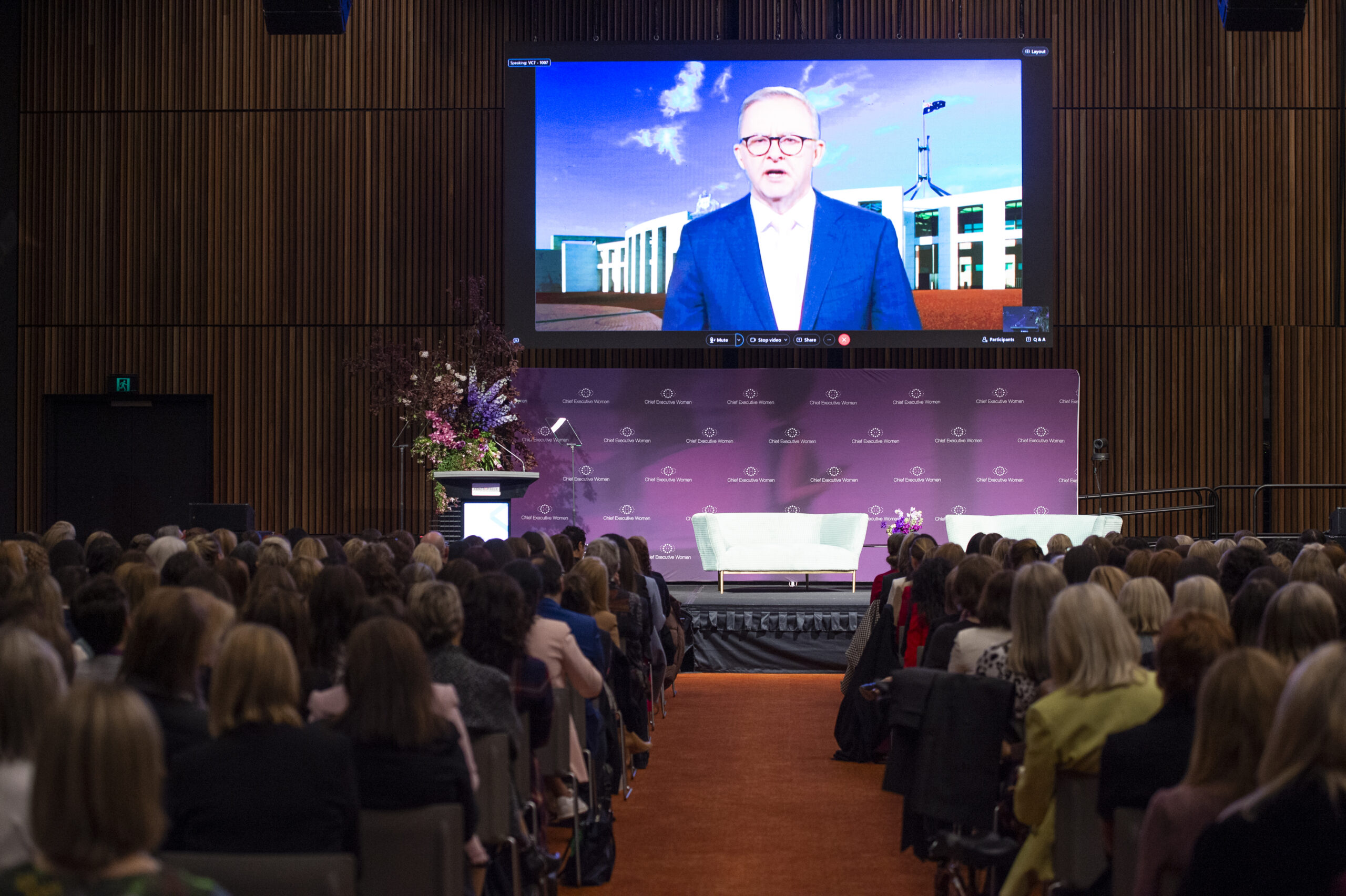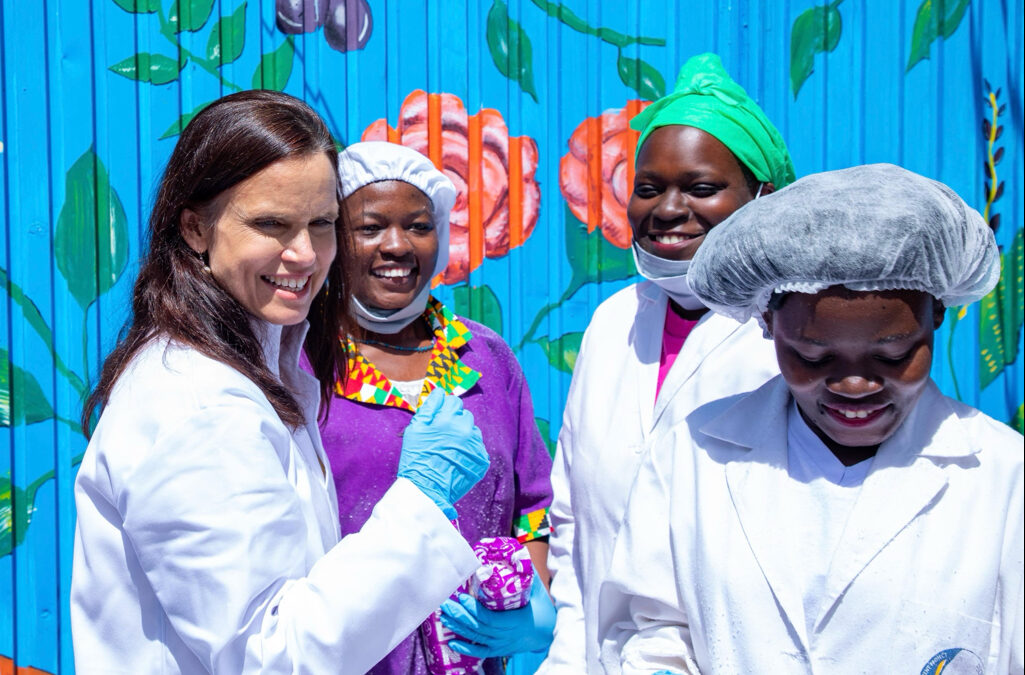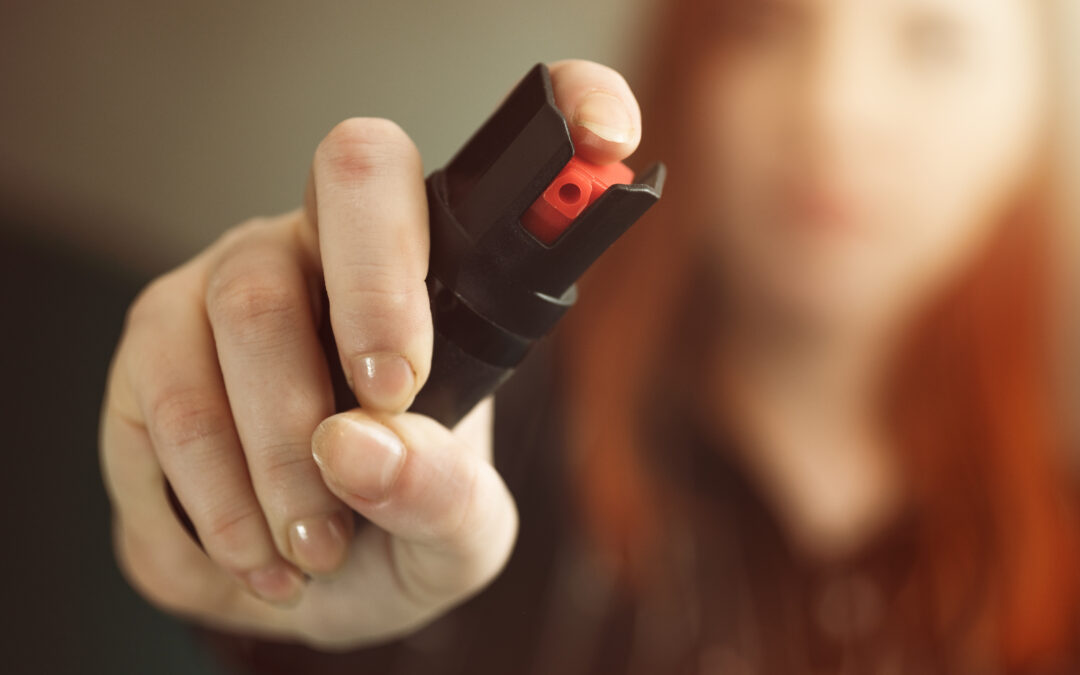“The feminists in this room have made things better,” Prime Minister Anthony Albanese told the packed venue.
Yes, the PM said: Feminists.
Among the audience, there was an audible exhale of collective relief and then a heady inhale of hope.
He was speaking earlier this week at the opening plenary of the Chief Executive Women’s (CEW) Leadership Summit in Melbourne – a gathering of of inspired and inspiring women. Attendees represented a broad range of experience and industries.
Some, like CEW Chair Sam Mostyn, are already at the tables of power and wielding significant influence in shaping the gender equity action plans for the nation.
That one simple sentence signalled clearly that everything has changed. Women are no longer a secondary thought. We are in the centre.
Those who are advocating for gender equity to be woven into the fabric of our economic and social infrastructure are no longer frozen out as suspicious enemies. Rather, women leaders, us feminists, are partners whom a grown-up government is coming to – for meaningful solutions.
And the solutions which feminists have been putting forward for many decades are in the plenty.
Solutions such as unlocking women’s workforce participation with ready access to high quality, low-cost early education and childcare and by encouraging men to take parental leave and participate in unpaid care are on the table.
Valuing the care sectors where women already dominate by making them workplaces worth being employed in, is being costed in the budget. Creating flexible workplaces, recognising leadership attributes and capability when hiring and promoting rather than direct line experience, targeting bias and privilege within workplace, budgeting, and cultural systems are being spoken about as essential characteristics for employers of choice.
And perhaps most importantly, is the imperative of making Respect@Work – the 55 recommendations that resulted from National Inquiry into Sexual Harassment in Australian Workplaces – everyone’s business.
Last week at the Federal Government’s (separate) Jobs Summit brought “…together Australians [in Canberra], including unions, employers, civil society and governments, to address our shared economic challenges.”
It was widely been reported that “the women roared” with solutions to make the most of our talent pool.
I can’t help but reflect that these solutions are born out of direct experienceThe foundational feminist project of giving voice to lived experience – the personal is political – is both a recurring deep theme in the solutions at the Jobs Summit and the type of leadership which featured at the CEW Leadership Summit.
Putting empathy and care at the centre of our social and economic infrastructure was both the policy platform of the feminists in the room at the Jobs Summit and the leadership attributes being celebrated at the CEW Summit.
The CEW speakers reflected on their leadership journeys through the lens of their personal values. It was not a straight shoot to the top which they valued or lived.
They spoke about exploring the plateaus and the valleys of their careers, crystalising their knowing by observing and amplifying things close to them, drawing on their own and others’ lived experiences. It was the Living Mountainphilosophy not the think and grow rich one.
“If you are truly a great leader,” one speaker said, “then you should see an explosion of diversity in your organisations”.
Leadership which is centred on serving, engendering belonging, being creative and seeking out meaning, was the core feature of the CEW Summit.
Professor Kate Gilmore challenged us saying; “If you are not daring, don’t lead”. Yes! I called back in reply.

Kate Gilmore. Picture: United Nations
But finding moral courage to achieve daring requires resilience and longevity. Just ask those women subjected to online abuse, insipid workplace harassment and other career limiting outcomes who have dared to lead.
Some of the most profound moments of the CEW Summit for me personally, were the honest reflections on how lonely it can be as the only person in the room fighting for change, daring greatly and sometimes failing greatly. When you add alienation into the mix of feelings which can come from being a person with a working-class background or from being a lesbian, it’s not just lonely, its exhausting too.
Building friendships around your values and finding your Huddle were basic survival mechanisms recommended by many of the speakers at the CEW Summit.
I have been reflecting on how different the leadership attributes at the CEW Summit were from the traditional summit climbing leadership focused on increasing productivity by harvesting the best talent and natural resources.
I don’t know about you, but I don’t want to be treated like a natural resource available for exploitation. Have you seen a strip mine, have you seen a clear cut in a forest, have you seen a polluted river? No thanks.
Affordable high quality childcare is certainly deeply important to increasing women’s participation in the workforce. But will it result in the creation of workplaces which are actually worth going to and work which is actually worth doing?
As we explore the valleys and plateaus which are ahead, lets not stand on the precipice of a ceaseless horizon of widget making where any job at all is the only goal.
Let’s have more leadership and social economic infrastructure which regards all of us like sustainable energy sources, capable of renewal. Our leadership, our nation and our economy, must be centred on the things worth living for – connection and belonging.
Empowerment feminism hasn’t delivered nirvana. Perhaps belonging feminism can get us there.
- Picture: Prime Minister Anthony Albanese addresses the Chief Executive Women’s (CEW) Leadership Summit in Melbourne. Picture: Supplied/CEW
Amy Kilpatrick is director of the 50/50 by 2030 Foundation at University of Canberra. She's a skilled law reformer, public speaker and researcher with a specialty in the management of high-conflict personalities in the workplace and in litigation.





